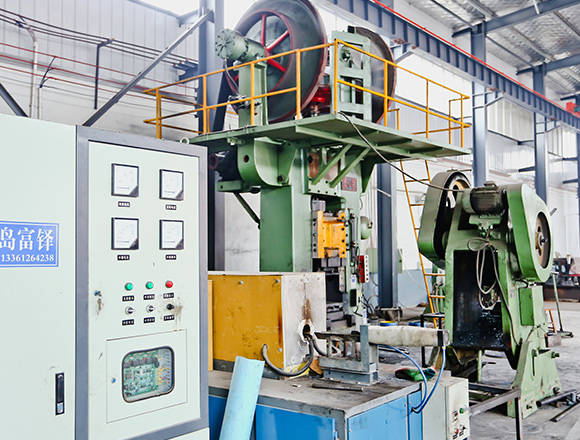
Steel forging is commonly used in mechanical and industrial applications due to its strength, availability, and specialized alloys like stainless and carbon steel. Forgings in steel offer unsurpassed resilience for manufacturing parts that simply must not fail.
Custom Steel Forging Process
-
Steel, especially when heated to forging temperature, is ductile and malleable; able to be shaped by applying pressure. With proper processing methods, custom forging allows a billet of steel to be shaped permanently without cracking, due to its plasticity.
-
Custom steel forging requires an induction heating system, forge furnace or oven to heat the steel to sufficient temperature such that work hardening or strain hardening will not result from the deformation process. Metallurgical recrystallization and grain refinement result from the thermal cycle and the deformation process. This strengthens the resulting steel product, particularly in terms of impact toughness.
- Steel strength refers to compressive strength (compressing without crushing), tensile strength (pulling without breaking) and shear strength (the ability to avoid breaking allowing two pieces to slide past one another). The term shear strength is sometimes interchanged with the term impact toughness, although test methods may differ.
-
-
-
-
- EMP offers tailor-made steel forging service according to client’s drawings/samples.
-
-
-

